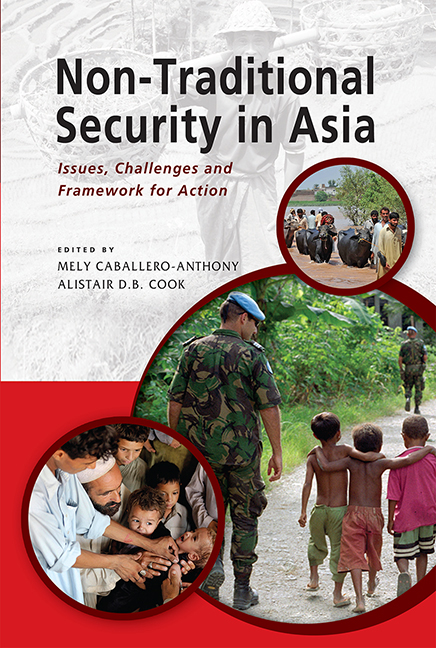4 - Water
Published online by Cambridge University Press: 21 October 2015
Summary
INTRODUCTION
Water is essential for all socio-economic development and for maintaining healthy ecosystems. As population increases and development calls for increased allocations of groundwater and surface water for the domestic, agriculture and industrial sectors, the pressure on water resources intensifies, leading to tensions, conflicts among users, and excessive pressure on the environment. Over the last decades, there has been a growing speculation about the likelihood of an acute conflict or even war over freshwater resources. Scholars increasingly point out that the twenty-first century might see the battles fought due to water scarcity. Indeed, water is the only resource having no substitute and its distribution is uneven, with some nations suffering severe droughts every year and the others blessed with water abundance. And although history shows that full-scale wars over water, proving to be neither strategically rational nor hydrographically effective, have never been fought, water continues to be a source of intense disputes worldwide. The problem grows harder when it comes to the relationships between two or more countries over river water as a result of the “internationalization” of a basin through political change. This chapter examines the growing water security challenges in Asia and argues that existing mechanisms for water management are inadequate to address the challenges. Using the Hindukush-Himalayan region as a case study, the chapter pointed out the deficiencies in water cooperation and offers a way forward to sustainably manage shared water resources.
Current State of Water Security
Total water availability on earth is estimated at 1,360 million cubic kilometres. Of this, 97.5 per cent is in the oceans and is unsuitable for human consumption. Freshwater accounted for 2.5 per cent out of which 70 per cent is in the form of glaciers and icebergs, 30 per cent is stored in groundwater, and 0.3 per cent is accounted for by lakes and rivers.
- Type
- Chapter
- Information
- Non-Traditional Security in AsiaIssues, Challenges and Framework for Action, pp. 66 - 84Publisher: ISEAS–Yusof Ishak InstitutePrint publication year: 2013



